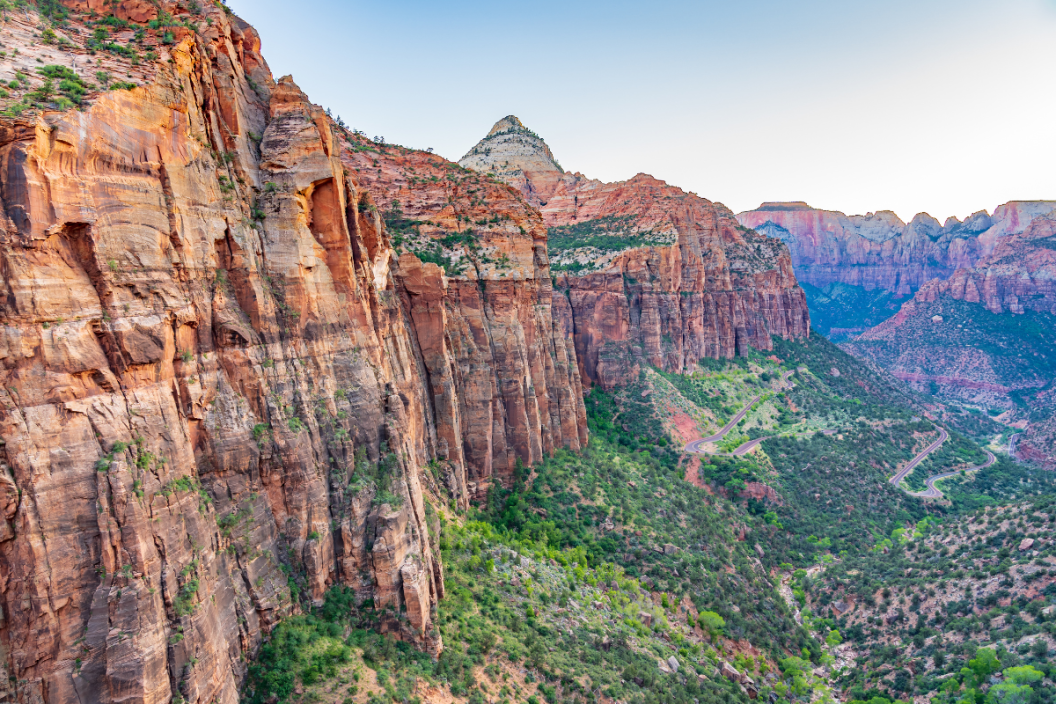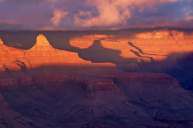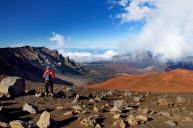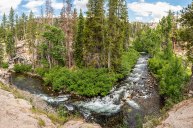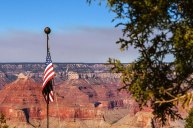The pandemic brought an influx of people into national parks. In 2021, park visits were up 25%, bringing in 60 million more visitors than they saw in 2020. Part of the increase was due to changes in COVID-19 protocols and more Americans wanting to get out of the house.
While connecting with nature can be good for the body and mind, lawmakers are concerned that the increased traffic will cause harm to the environment and wildlife. In a congressional hearing, lawmakers focused on overcrowding in the parks throughout the country and how it will affect the parks as well as those who want to visit.
The traffic increase is putting a strain on the national parks system. Rep. Katie Porter (D-Calif.) said, "Some parks like Yosemite are national attractions; for parks like that, overcrowding must be actively managed."
Utah Democrat Blake Moore echoed Porter's concerns. He asked, "Can you expand a little bit on the potential of Zion National Park opening up new trails? Are you supportive of this? Have you worked on anything on this regard?"
Zion National Park Superintendent Jeff Bradybaugh elaborated that "we have opened some new trails, and we have some plans in addition." However, with more people visiting the parks, Congress wants to keep wildlife and landscape protections in place. Bradybaugh was asked by Colorado Congressman Joe Neguse about widespread reservation system implementation in 2023.
Bradybaugh responded, "It's not one-size-fits-all; we do need to understand how these particular situations in different parks manifest themselves." For example, Yosemite National Park has already announced it will not use the system in 2023, though it is open to public comment on what to do in place of the system. The park saw 3.3 million visitors last year. By contrast, Zion had 5 million.
One of the biggest concerns is the National Park System's budget. It hasn't always been robust enough to address some of the larger issues, but the system is hoping for a 22% increase from the 2021 infrastructure law.
